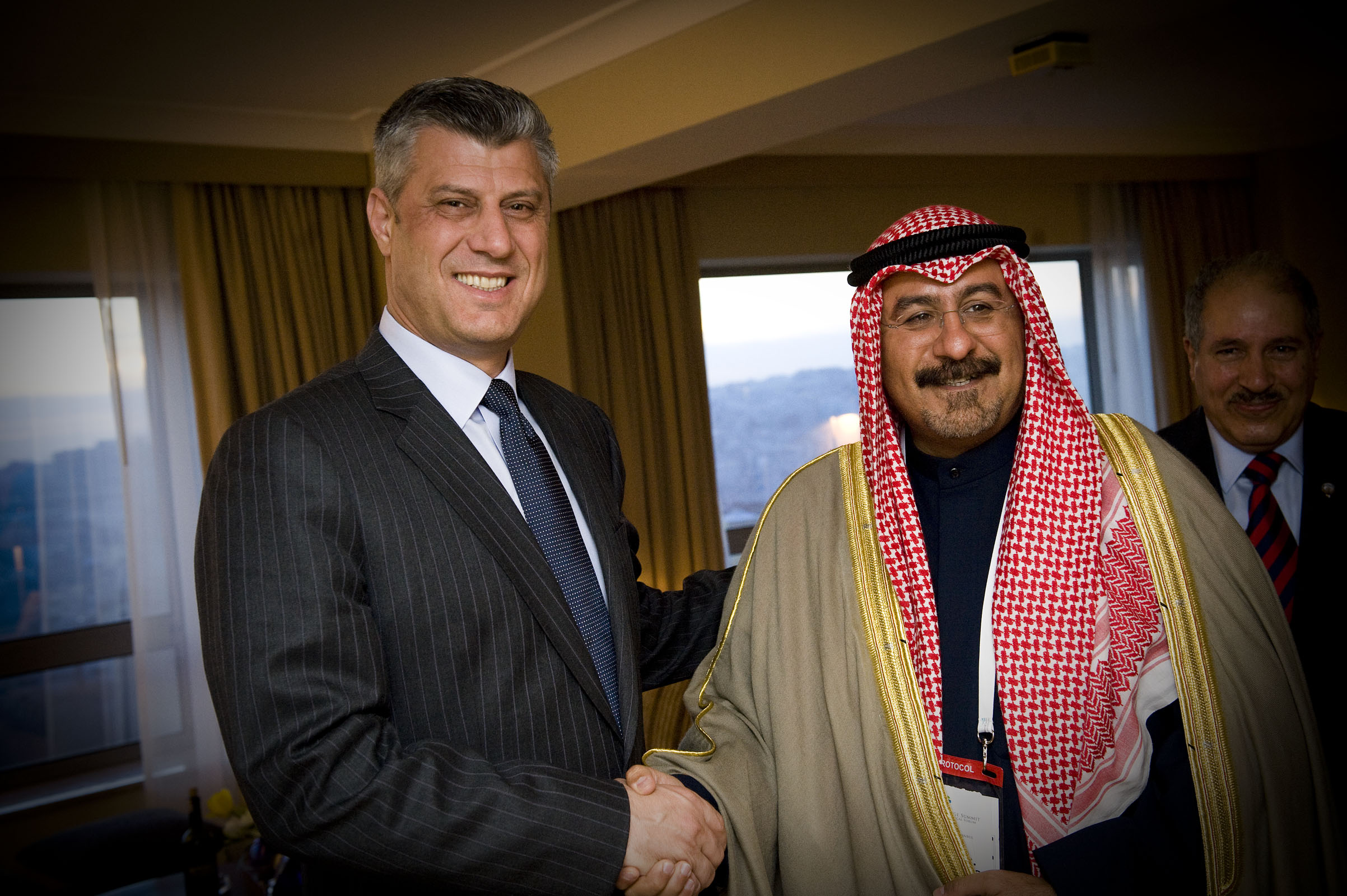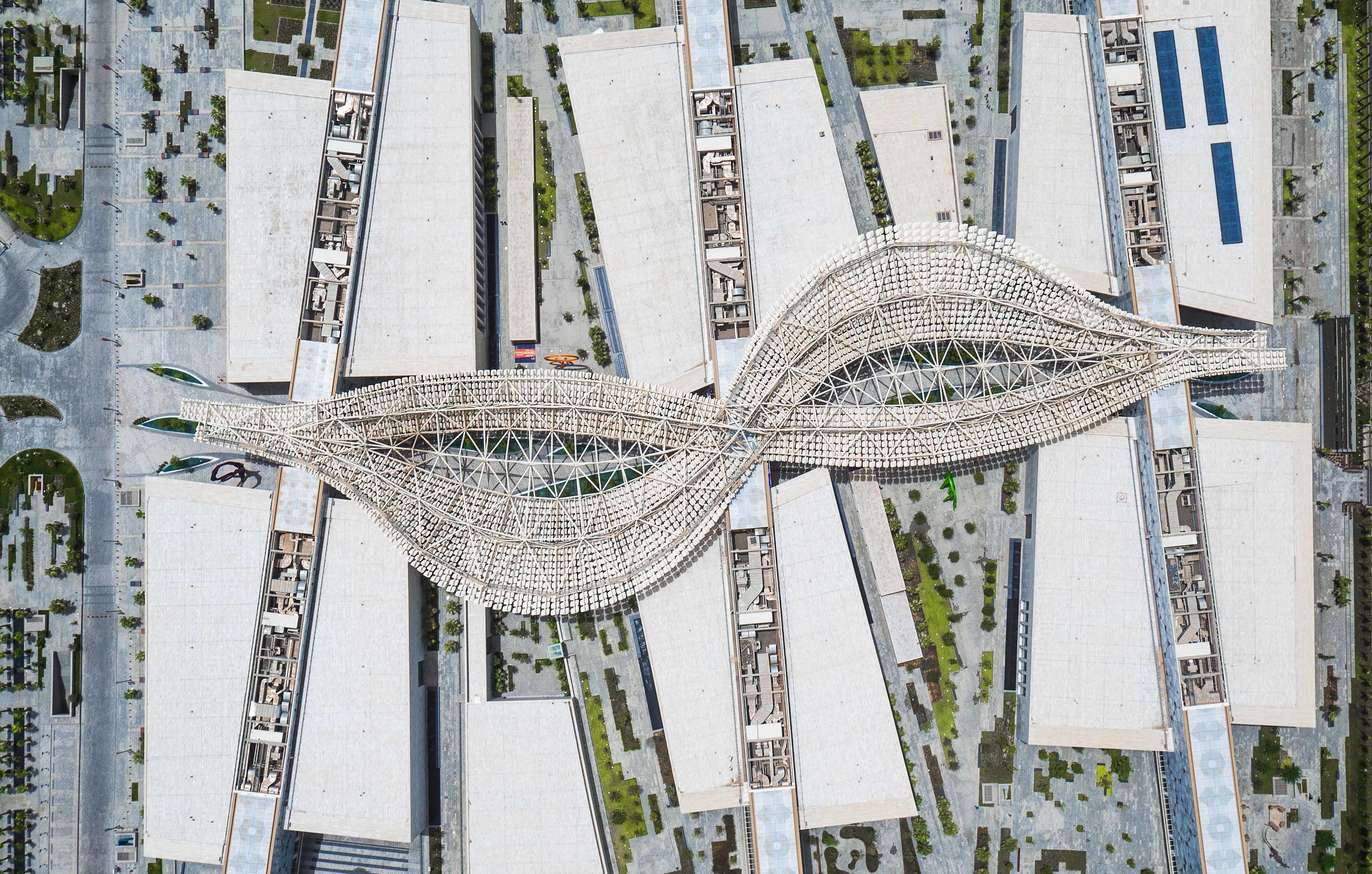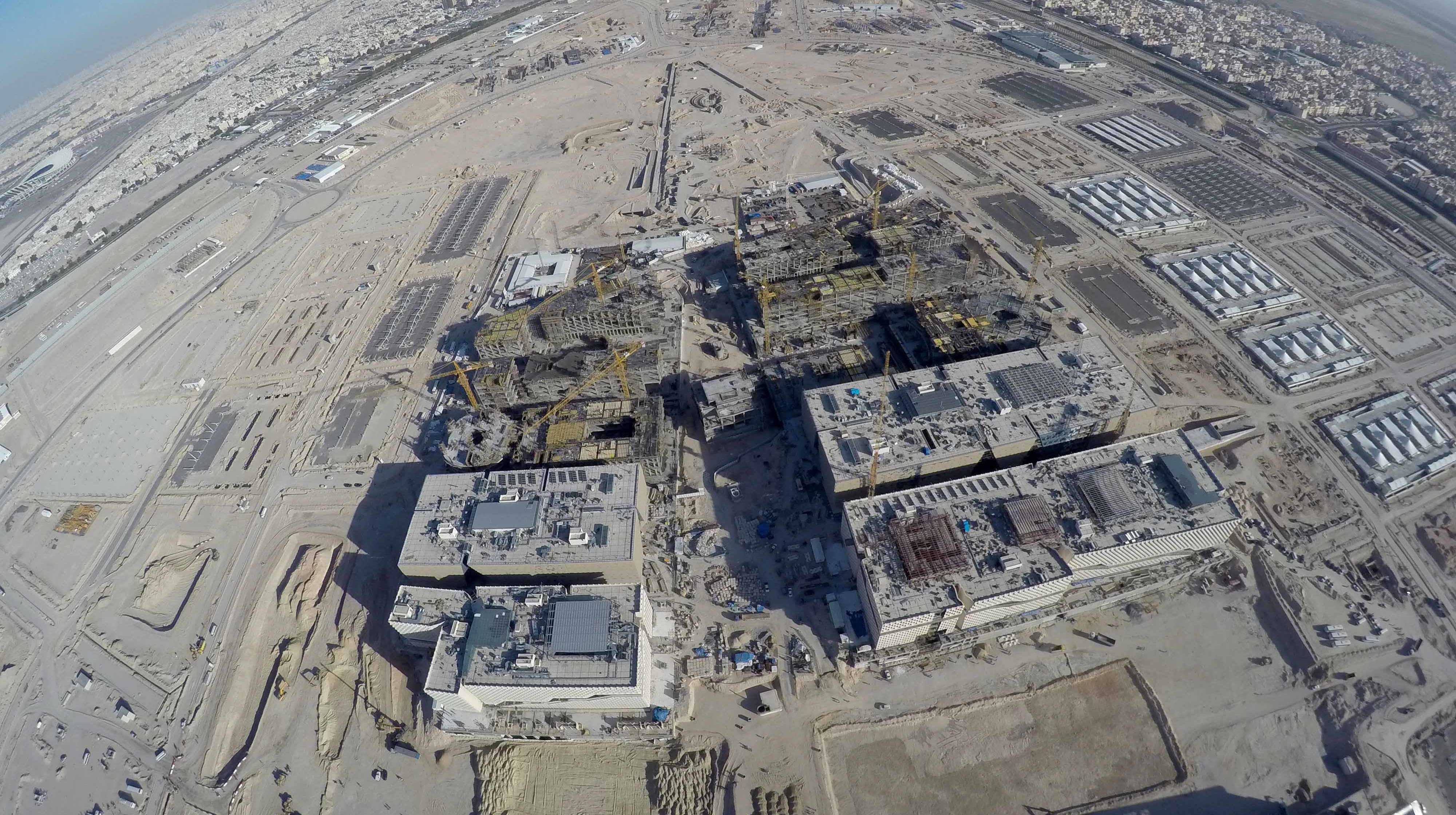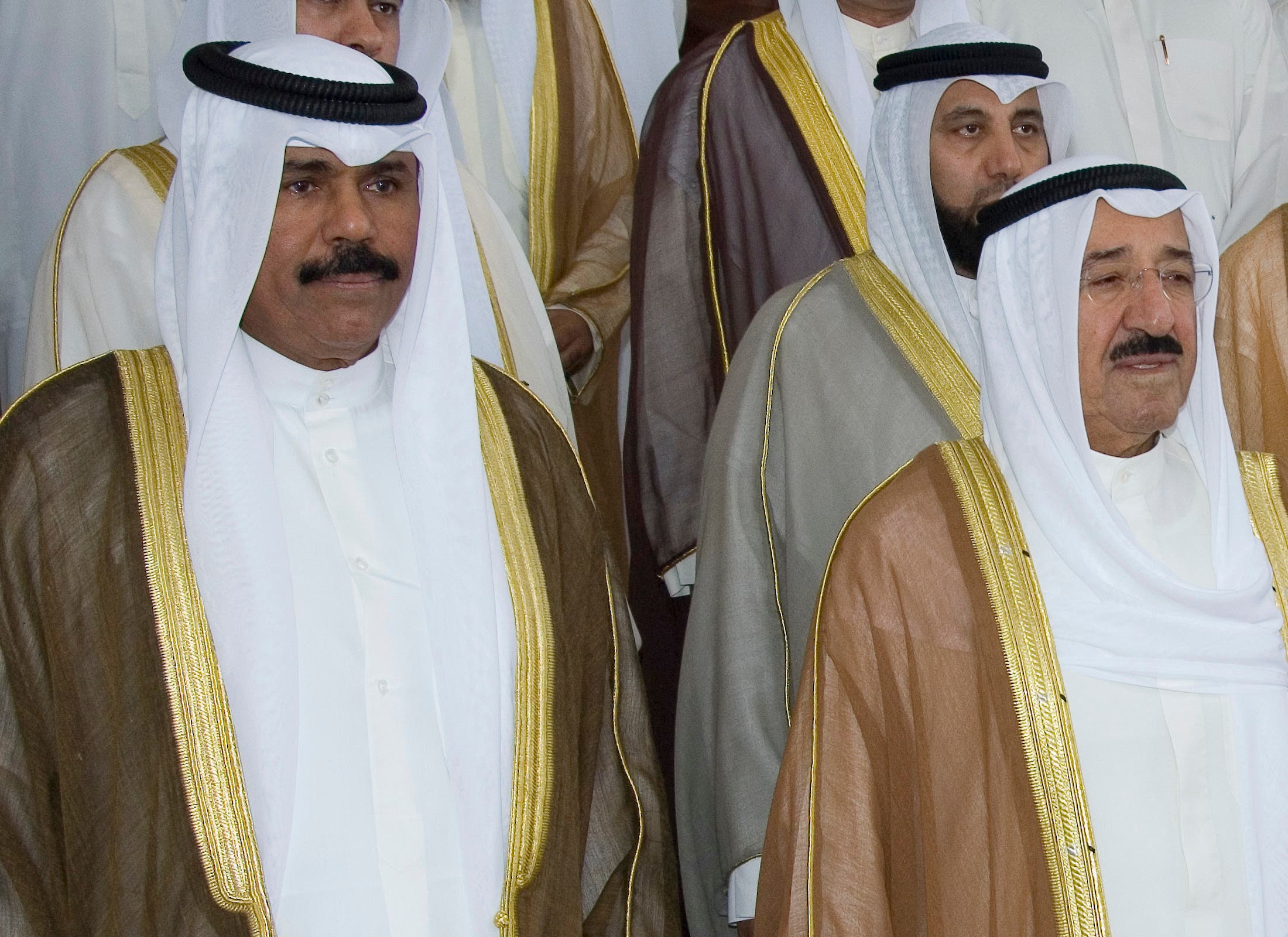Abdullah Al-Salem Al-Sabah: Former Emir Of Kuwait And Modernization Pioneer
Editor's Notes: Abdullah Al-Salem Al-Sabah: Former Emir Of Kuwait And Modernization Pioneer has published today date. This topic is important to read because it provides us with an in-depth look at the life and accomplishments of one of Kuwait's most influential leaders.
To help you understand Abdullah Al-Salem Al-Sabah: Former Emir Of Kuwait And Modernization Pioneer, we've done some analysis, digging information, made Abdullah Al-Salem Al-Sabah: Former Emir Of Kuwait And Modernization Pioneer we put together this Abdullah Al-Salem Al-Sabah: Former Emir Of Kuwait And Modernization Pioneer guide to help target audience make the right decision.
Kuwait names Crown Prince Sheikh Nawaf al-Ahmad al-Sabah as new Emir - Source thewarsan.com
Key differences or Key takeways
| Abdullah Al-Salem Al-Sabah | |
|---|---|
| Birth | 1895 |
| Death | 1965 |
| Reign | 1950-1965 |
| Accomplishments |
|
Transition to main article topics
FAQ
This FAQ section provides answers to commonly asked questions regarding the life and legacy of Abdullah Al-Salem Al-Sabah, the former Emir of Kuwait and a key figure in its modernization.

Prime Minister Thaçi meets Kuwaiti Minister of Foreign Affairs Sheikh - Source kryeministri.rks-gov.net
Question 1: What were Abdullah Al-Salem Al-Sabah's major contributions to Kuwait's modernization?
Abdullah Al-Salem Al-Sabah led Kuwait's transformation from a pearl trading center to a modern nation-state. He established the country's first constitution, parliament, and educational system, introducing democratic principles and laying the foundation for future development.
Question 2: What was Al-Sabah's vision for Kuwait's economy?
He recognized the need to diversify Kuwait's economy beyond oil and encouraged the development of other industries, such as trade, manufacturing, and tourism. He also invested in infrastructure, including new roads, ports, and hospitals.
Question 3: How did Al-Sabah promote social welfare in Kuwait?
Al-Sabah prioritized the well-being of his people and implemented numerous social welfare programs. He established a healthcare system, provided affordable housing, and supported initiatives aimed at improving education and living standards for all Kuwaitis.
Question 4: What role did Al-Sabah play in the formation of the Gulf Cooperation Council (GCC)?
Al-Sabah was instrumental in establishing the GCC, a regional organization that promotes cooperation among Gulf states. He believed in the importance of regional unity and worked to strengthen economic, political, and social ties between Kuwait and its neighboring countries.
Question 5: How is Abdullah Al-Salem Al-Sabah remembered today?
Abdullah Al-Salem Al-Sabah is widely recognized as the "Father of Modern Kuwait." His legacy continues to shape Kuwait's identity and inspire future generations. His contributions to the country's development have earned him a prominent place in Kuwait's history and the respect of its people.
Conclusion: Abdullah Al-Salem Al-Sabah's leadership transformed Kuwait into a modern, prosperous nation and set it on a path towards progress and stability.
Transition: To learn more about his life and impact, visit the next section.
Tips from Abdullah Al-Salem Al-Sabah: Former Emir Of Kuwait And Modernization Pioneer
Abdullah Al-Salem Al-Sabah, the visionary former Emir of Kuwait, played a pivotal role in guiding the nation's modernization and transformation. His forward-thinking approach and unwavering commitment to progress left a lasting legacy, inspiring generations of leaders and citizens alike. Drawing from his wisdom and experience, here are some valuable tips to foster innovation, drive development, and create lasting impact:

Museum Studio Projects | Sheikh Abdullah Al-Salem Cultural Centre | SSH - Source www.museumstudio.com
Tip 1: Embrace Education and Knowledge
Al-Sabah believed that education was the cornerstone of a progressive society. He invested heavily in establishing schools, universities, and research institutions, recognizing that a well-educated population drives innovation and economic prosperity. By prioritizing knowledge and intellectual development, individuals gain the skills and critical thinking necessary to solve complex problems and contribute to societal advancement.
Tip 2: Promote Openness and Inclusivity
Al-Sabah fostered an environment of openness and inclusivity, welcoming diverse perspectives and ideas. He actively engaged with different sectors of society, including youth, women, and international partners. By creating a culture of collaboration and dialogue, he encouraged the sharing of knowledge, innovation, and best practices. Inclusivity not only promotes social harmony but also enriches the collective wisdom and problem-solving capacity.
Tip 3: Invest in Infrastructure and Technology
Al-Sabah recognized the importance of modern infrastructure and technology as catalysts for economic growth and improved quality of life. He oversaw the development of roads, hospitals, utilities, and communication networks. By investing in connectivity and innovation, he laid the foundation for a thriving digital economy, increased access to essential services, and enhanced overall well-being.
Tip 4: Encourage Entrepreneurship and Innovation
Al-Sabah believed that entrepreneurship was key to economic diversification and self-sufficiency. He created incentives for startups and small businesses, fostering an environment that encouraged risk-taking and creativity. By supporting innovation, he stimulated economic growth, job creation, and the development of new industries.
Tip 5: Foster a Culture of Accountability and Excellence
Al-Sabah emphasized the importance of accountability and transparency in governance. He established institutions and systems to ensure that public officials were held to high standards of integrity and performance. By creating a culture of excellence, he instilled a sense of responsibility and commitment to delivering quality services and achieving national goals.
These tips, inspired by the visionary leadership of Abdullah Al-Salem Al-Sabah, provide valuable guidance for individuals, organizations, and nations seeking to drive progress and create a better future. By embracing these principles, we can foster innovation, promote inclusivity, invest in infrastructure, encourage entrepreneurship, and establish a culture of accountability and excellence.
Abdullah Al-Salem Al-Sabah: Former Emir Of Kuwait And Modernization Pioneer
Abdullah Al-Salem Al-Sabah, Kuwait's 11th Emir, was a visionary leader who spearheaded the country's modernization. His impactful reign ushered in critical reforms and laid the foundation for the nation's flourishing development. Here are six key aspects that underscore his legacy as a modernization pioneer:
- Constitutional Establishment: Al-Sabah's reign marked the promulgation of Kuwait's first constitution, laying the groundwork for a modern, democratic state.
- Education Expansion: He prioritized expanding educational opportunities, establishing numerous schools and universities, fostering a culture of knowledge and enlightenment.
- Economic Diversification: Recognizing Kuwait's dependence on oil, Al-Sabah promoted economic diversification by encouraging industries such as fishing and tourism.
- Infrastructure Development: He oversaw significant infrastructure advancements, including the construction of modern roads, hospitals, and telecommunication networks.
- Healthcare Modernization: Al-Sabah reformed Kuwait's healthcare system, establishing modern hospitals and introducing advanced medical practices.
- Social Welfare Initiatives: He implemented social welfare programs, providing support for the needy, elderly, and disabled, ensuring social equity.
These initiatives transformed Kuwait into a modern, progressive nation. Al-Sabah's foresight in embracing constitutional governance, education, and infrastructure set the stage for Kuwait's continued prosperity. His legacy as a modernization pioneer remains a testament to his commitment to progress and the betterment of his people.

The Sheikh Abdullah Al Salem Cultural Centre - SSH - Source www.sshic.com
Abdullah Al-Salem Al-Sabah: Former Emir Of Kuwait And Modernization Pioneer
Abdullah Al-Salem Al-Sabah (1895-1965) was the 11th ruler of Kuwait and is remembered as a dynamic and transformative leader who modernized the country and laid the foundation for its future development.

Sabah Al Salem University City, Kuwait University - SSH - Source www.sshic.com
Abdullah Al-Salem's modernization efforts were comprehensive and covered various aspects of Kuwaiti society. He introduced far-reaching reforms in education, healthcare, infrastructure, and legal systems. He established the first schools for girls and boys, hospitals, and public utilities. He also reformed the country's legal and administrative frameworks, introducing a modern constitution and laws that protected citizens' rights.
Abdullah Al-Salem's modernization efforts were not without challenges. He faced opposition from conservative elements within society who resisted change. However, he persevered, and his reforms eventually gained widespread acceptance and support.
Abdullah Al-Salem Al-Sabah's legacy as a modernizer is undeniable. Kuwait underwent significant development during his reign, and many of the institutions and systems he established continue to serve the nation today.
Conclusion
Abdullah Al-Salem Al-Sabah's modernization efforts were critical in shaping Kuwait's development and laying the foundation for its future success. His reforms brought about sweeping changes in all aspects of society, from education to healthcare to infrastructure. Despite challenges, his determination and vision left a lasting legacy that continues to benefit the people of Kuwait today.
Abdullah Al-Salem Al-Sabah's legacy should inspire future leaders to embrace change and innovation to create a better future for their people.




